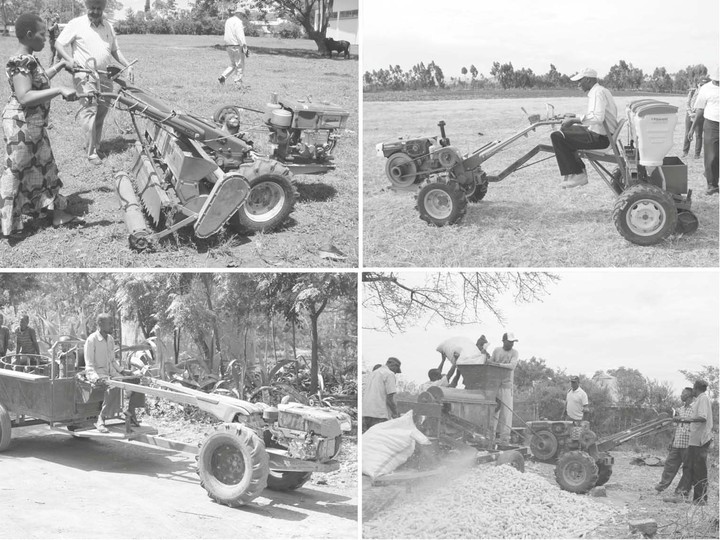Re-examining appropriate mechanization in Eastern and Southern Africa; two-wheel tractors, conservation agriculture, and private sector involvement

Abstract
The need for sustainable intensification in Eastern and Southern Africa (ESA) is widely recognized as a requirement to achieve food security with minimum negative social and environmental consequences. In current Research & Development programs, much emphasis is placed on increasing the efficiency with which land, water and nutrients are used, whereas farm power appears to be a ‘forgotten resource’. This is a major concern when farm power in ESA countries is declining due to the collapse of most tractor hire schemes, the decline in number of draught animals and the growing shortage of human labour. A consequence of low levels of farm mechanization is high labour drudgery, which makes farming unattractive to the youth and disproportionally affects women. Undoubtedly, sustainable intensification in ESA will require an improvement in access to farm power. In this paper, we suggest this can be achieved through the use of small, multipurpose and inexpensive power sources such as two-wheel tractors (2WTs) coupled with the promotion of energy saving technologies such as conservation agriculture (CA), whilst ensuring the profitability for farmers, service providers and other private sector actors in the supply chain. We argue that appropriate mechanization in Africa, a paradigm largely abandoned three decades ago, may be re-examined through the combination of these three elements.